On the Verge of International Year of Chemistry was the theme of the first study trip for European journalists united in the European Union of Science Journalists’Association (EUSJA) organized by the Czech Science Journalists Club, the Institute of Organic Chemistry and Biochemistry (IOCB ASCR). The purpose of the three-day meeting (November 29 – December 1, 2010) was to improve communication between the Czech scientific community and society and to promote contacts between journalists in the field of scientific and technical communication. The study trip was supported by the ASCR Centre for Administration and Operations.
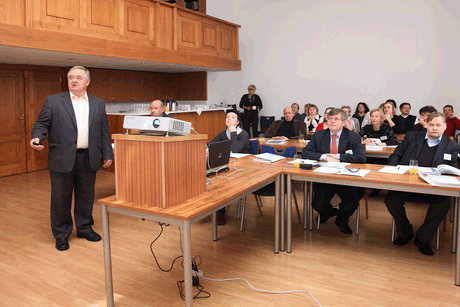
Foto: Stanislava Kyselová, Marina Hužvárová, Akademický bulletin
During the three-day event, journalists visited the IOCB, one of the most succesfull and distinguished ASCR’s institute that carries out fundamental research in organic chemistry, biochemistry and related disciplines, focusing in particular on medical and environmental applications. The institute also educates graduate students. It is the seat of the Committee for defence of doctor of science dissertations in organic and bio-organic chemistry.
Organizers were also glad to show the modern building of the National Technical Library that is located in the Dejvice university campus as well as the historical Library of the Academy of Sciences of the Czech Republic on Národní Street near to the river Vltava and just opposite to the National Theatre. The journey between these two libraries took journalists through the most beautiful places in historical center of Prague
EUSJA was founded in Belgium by seven national associations of science journalists. Currently, EUSJA represents more than 2000 science journalists from 25 countries. EUSJA activities include regular study trips to research institutions and universities organized by a local national association for delegates from the other member associations, workshops and symposiums about science communication in the media or contacts between member associations. The Czech Republic joined EUSJA through the Czech Science Journalist Club by the occasion of the Descartes Prize in 2004.
Luděk Svoboda
14.3.2011
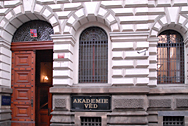



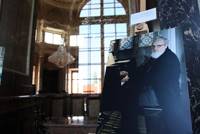

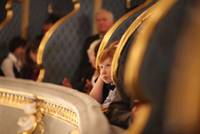


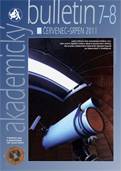

 English
English
